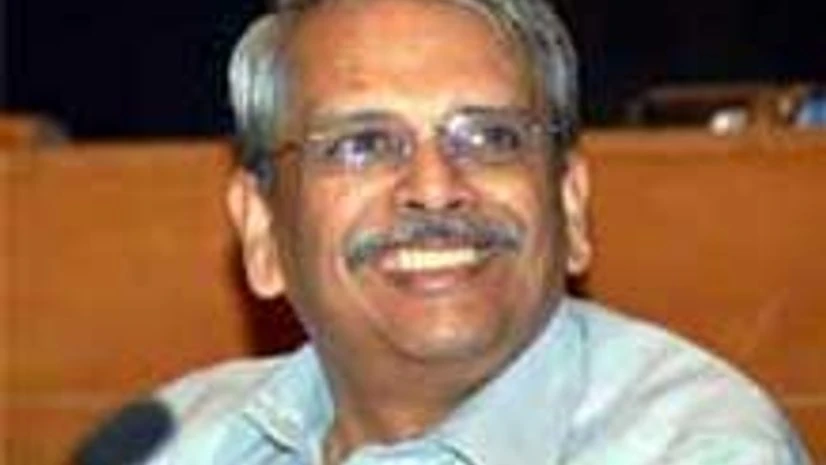New Confederation of Indian Industry (CII) President Kris Gopalakrishnan today pegged India's economic growth at 6-6.4% in the current financial year from a 10-year low of 5% in 2012-13, but did not see it clocking an average 8% growth in the 12th plan (2012-13 to 2016-17), as targeted by the Planning Commission.
To revert the economy to 8% growth in a couple of years and nine % in the medium term, he pitched for further reforms-- from FDI, to taxation (GST, DTC) to land acquisition--besides addressing funding and clearance issues that are creating bottlenecks for investors.
At his first press conference after assuming the new role, the CII president expected the industrial growth to recover to 5-5.5 % in 2013-14 due to the low base the previous year. In the first eleven months of 2012-13, industrial growth stood at 0.9%.
More From This Section
With growth in the first two years of the 12th plan period expected to lag behind average of 8% per annum as targeted by the Planning Commission, achieving the target would require the Indian economy to grow by over 9% in the remaining three years of the plan. "It would still be difficult to achieve an average growth rate of eight % in the 12th plan period," Kris said.
In fact, the Planning Commission itself gave two other scenarios for average GDP growth a year in the 12th plan-- 6-6.5% if reforms are undertaken half-way and 5-5.5% if there is policy logjam.
But, CII expected 8% growth to take a couple of years even with reforms.
Gopalakrishnan lined up a long list of reforms — hiking cap in foreign direct investment in insurance and banking, implementation of taxation reforms like Goods and Services Tax (GST) and Direct Taxes Code and clarity in land acquisition procedure — to revert the economy to 8% growth in a couple of years and to 9% in the medium term.

He said implementation of GST itself can add 1-1.5% to GDP growth numbers.
The CII President added that in order to revive the stalled projects, the Cabinet Committee on Investment (CCI) should aim at making a repository of at least top 50 projects to be cleared on priority basis. He also said that CCI should take up stalled projects costing less than Rs 1,000 crore.
Laying the roadmap for CII in 2013-14, he also demanded setting up of independent regulatory authorities in coal, real estate and health. “The reform priorities should include implementation of National Manufacturing Policy. The government should also bring convergence on major reforms like Land Acquisition Bill and Minerals and Mining Regulation Bill,” he added.
Among the reform priorities in the infrastructure sector, the CII President pitched for making changes in the public-private-partnership norms. He called for setting up of an Independent PPP Commission.
On the agricultural sector, he laid stress on more private sector participation to tackle issues related to rising food subsidy and ensuring food security. CII also suggested implementation of the Model APMC Act and promotion of mechanization in the sector.
As CAD broke all record to stand at 6.7% of GDP in the third quarter of 2012-13,
Gopalakrishnan said the country should widen focus on boosting exports to new emerging markets like Latin America, ASEAN, Africa and CIS countries, while reducing trade deficit with China. Besides, a review in existing free trade agreements is needed and the concerns of domestic industry need to be highlighted in the new free trade agreements.
He said though CAD was financed in the third quarter by capital inflows, global uncertainty could reverse the movement, which could cause depreciation of the rupee and depletion of foreign exchange reserves.

)
